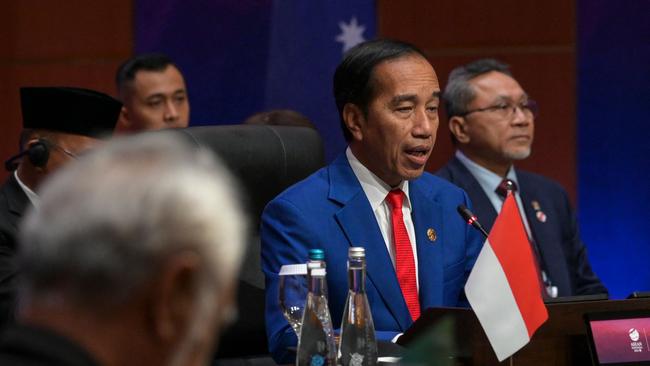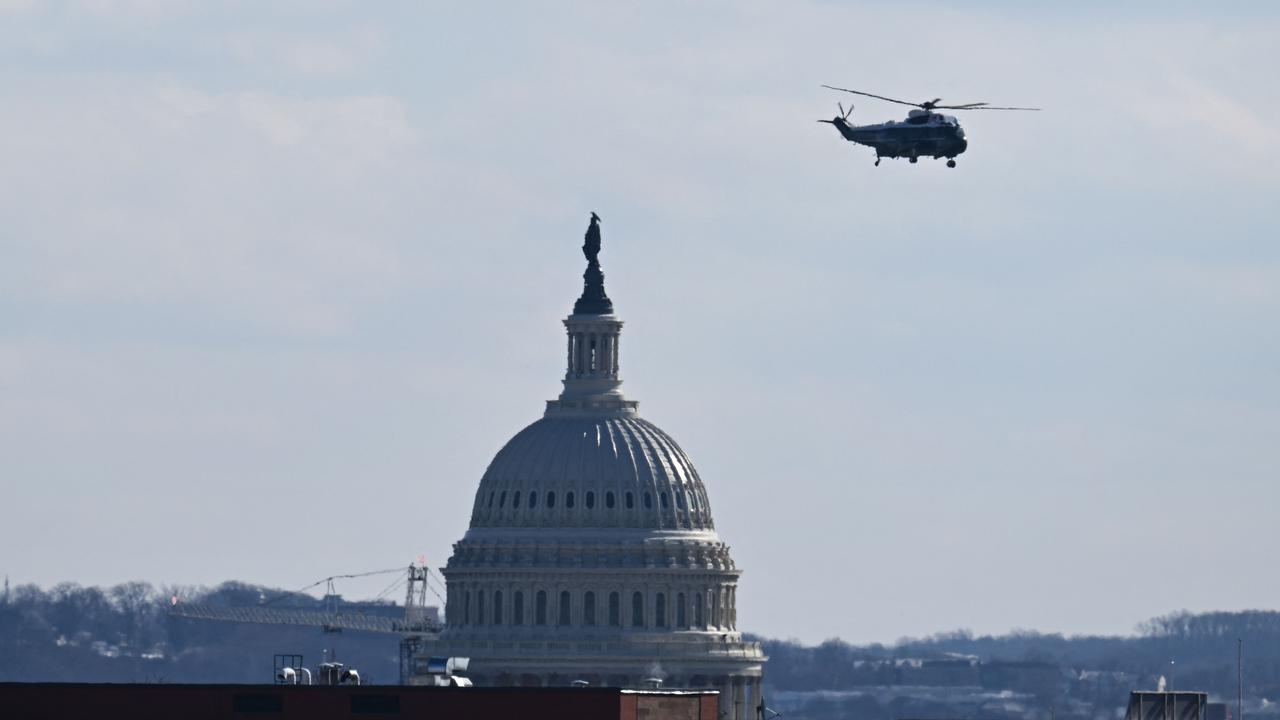Regional talkfest goes to water on Chinese aggression
Final statements issued from the meetings were a triumph of obfuscation that made no direct reference to recent dramas.

China has won the week in Jakarta after ASEAN leaders once again avoided calling out its escalating bullying of regional member states, and instead sealed a series of fresh economic deals with Beijing.
The three-day summit in the Indonesian capital had the potential to be an uncomfortable international debut for Beijing’s new Premier Li Qiang given heightened tensions over China’s release of a new territorial map claiming rights to the entire South China Sea and parts of northeast India.
Instead, final statements issued from the three days of meetings – for leaders of the Association of Southeast Asian Nations and then of the 18-member East Asia Summit – were a triumph of obfuscation that made no direct reference to recent dramas in the disputed waterways.
A seven-page East Asia leaders’ statement on Thursday did not mention the South China Sea by name and made only bland reference to the bloc’s shared commitment to peace and stability, international law, freedom of navigation and “the non-use of force or threat to use force against another state consistent with the UN Charter”.
A 34-page ASEAN chairman’s statement on Tuesday by Indonesian President Joko Widodo was hardly stronger, though it at least acknowledged “concerns of some ASEAN member states on the land reclamations, activities, serious incidents in the area including actions that put the safety of persons at risk” in the waterway.
Flying into Jakarta on Monday night, Philippines President Ferdinand Marcos Jr called for a stronger statement of support from ASEAN over escalating Chinese intimidation in its waters.
Last month, a Chinese militia ship turned its water cannon on a Philippines vessel trying to resupply a naval outpost on the Second Thomas Shoal.
“Our vision of the South China Sea is as a sea of peace, stability and prosperity. Today, sadly, this remains a distant reality,” Mr Marcos told ASEAN leaders this week, urging the bloc to take action to ensure stability there.
“We do not seek conflict but it is our duty as citizens to always rise to meet any challenge to our sovereignty, our sovereign rights and maritime jurisdiction in the South China Sea. No country would do any less.”
The Philippines and Vietnam are on the blunt end of China’s escalating maritime aggression in defence of its claims to the strategic sea through which a third of the world’s trade passes.
In the absence of support from their regional neighbours, both are stepping up their engagement with the US and its allies.
US Vice-President Kamala Harris used her opening address to the US-ASEAN summit on Wednesday to reiterate Washington’s “defence and deterrence commitment” to the region.
But her statement – which also emphasised US commitment to ASEAN’s much-prized “centrality” – drew unfavourable local comparisons with new economic commitments from Beijing this week, which included an upgrade to the ASEAN-China free trade agreement and new trade deals on agriculture.
“US offers geopolitics, China offers economy,” a headline in Indonesia’s most-respected newspaper, Kompas, read on Thursday.
ASEAN’s refusal to call out Chinese maritime aggression in the region – or to make progress on resolving the violence in Myanmar – has done nothing for the reputation of a bloc whose declining influence was underscored this week by both the US President Joe Biden and his Chinese counterpart Xi Jinping opting out of its annual summit.
“They haven’t adapted fast enough to the rapidly evolving strategic environment,” Singapore’s former permanent secretary for foreign affairs, Bilahari Kausikan, told Bloomberg this week.
“You’re not going to become central by sitting around twiddling your thumbs and repeating yourself.”



